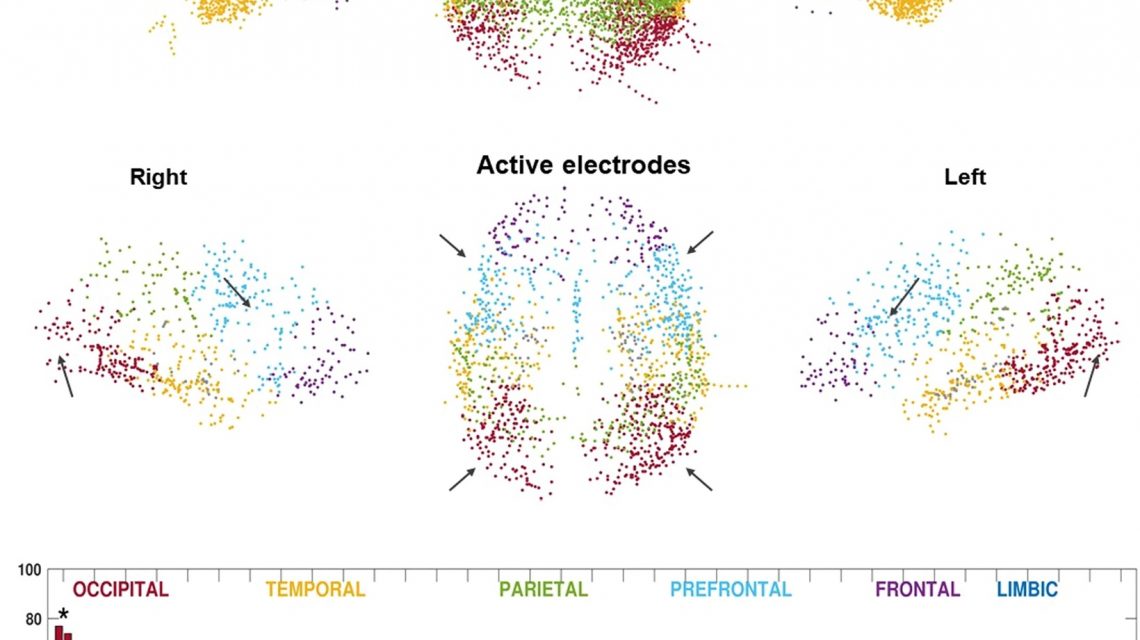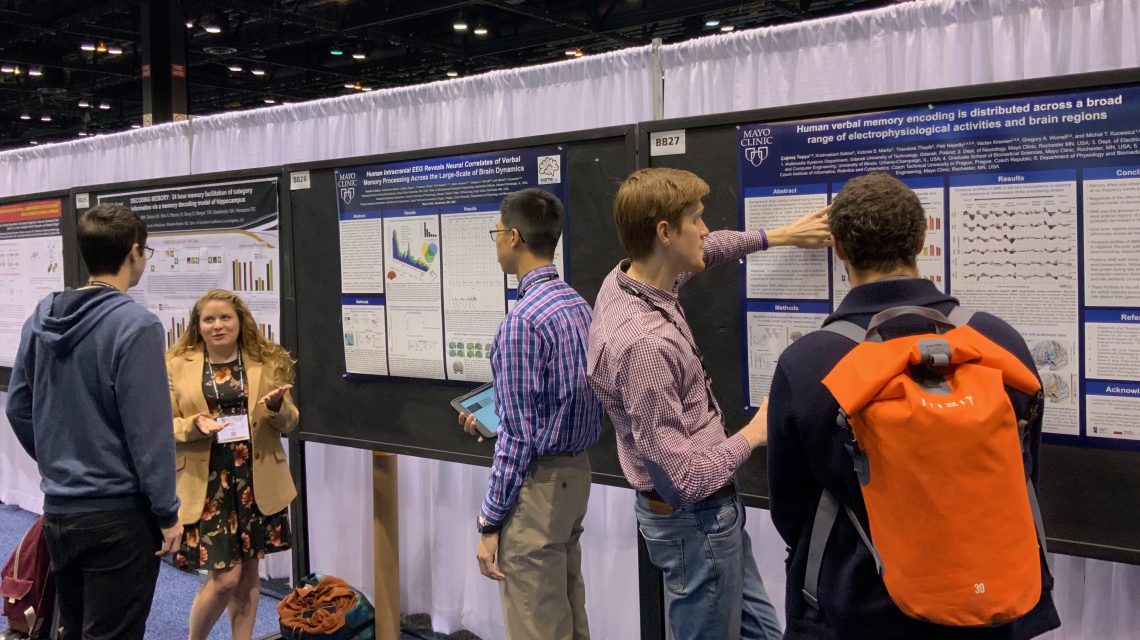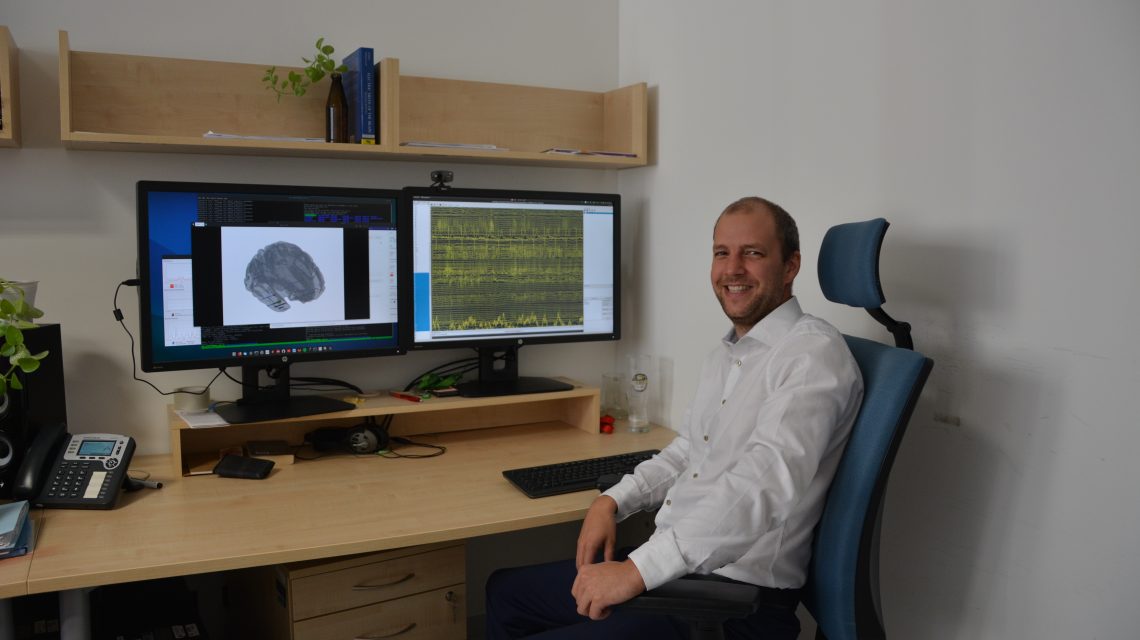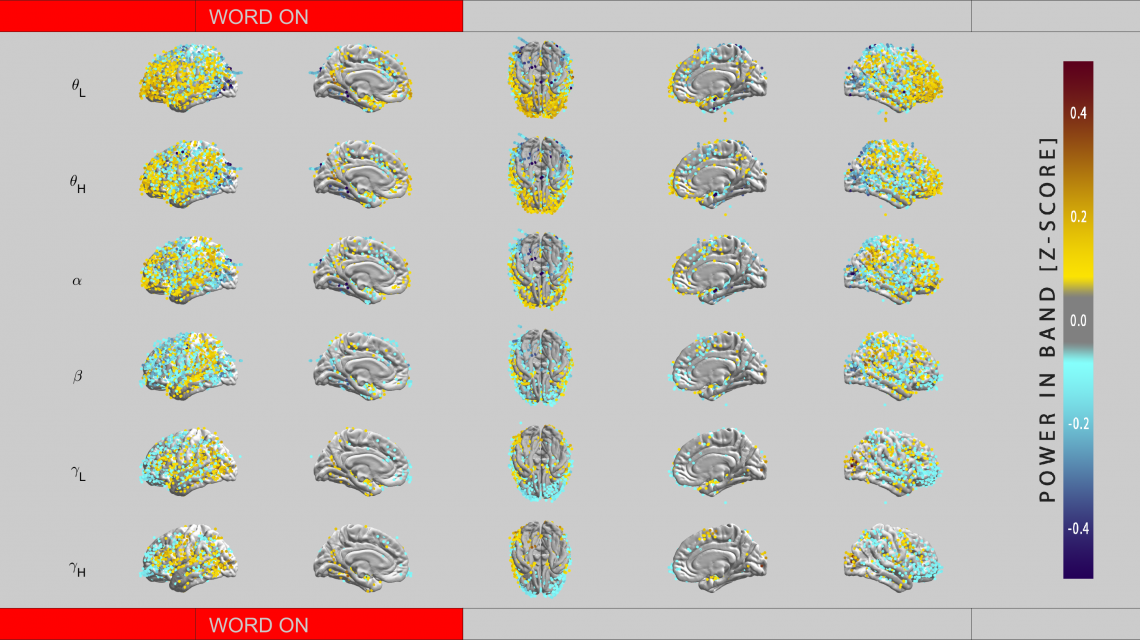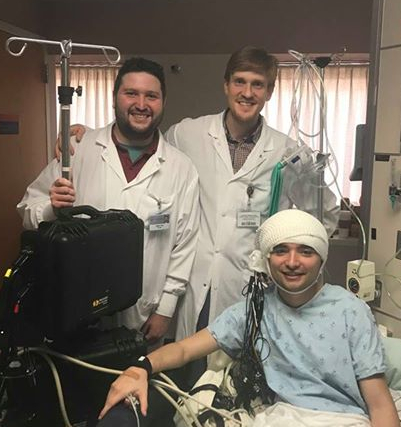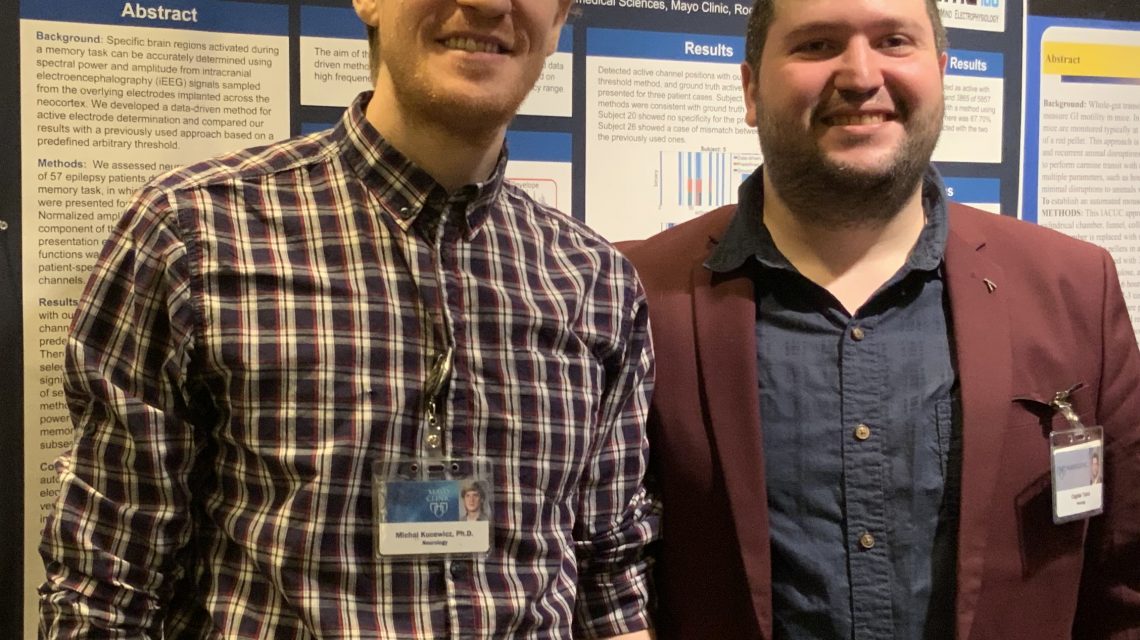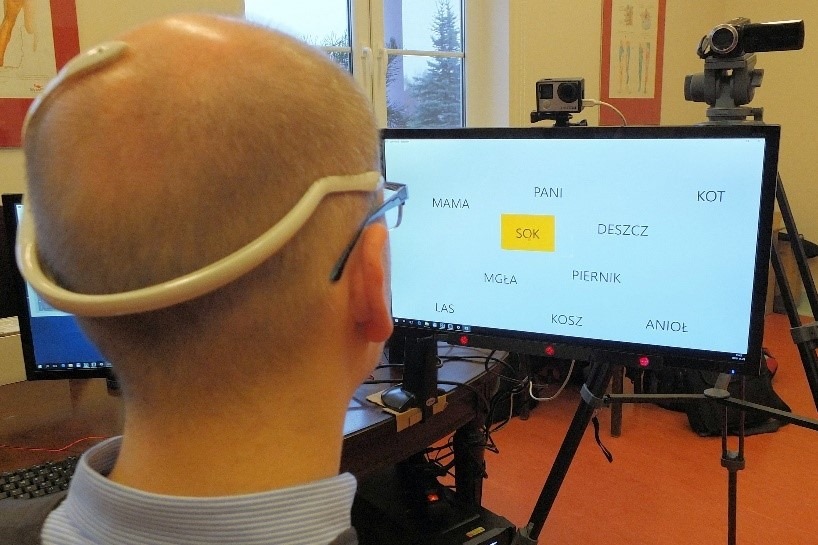We used Artificial Intelligence methods to identify brain regions engaged in memory encoding
Have you ever looked at EEG signals of the brain wave activity? Would you be able to tell from a multitude of channels the ones that record from a brain region supporting your thinking or remembering abstract ideas? Even neuroscientists with years of experience in looking at and analyzing these signals struggle and can only provide a subjective selection of channels activated in response to a given cognitive process. Moreover, every scientist would select a…
Continue reading
